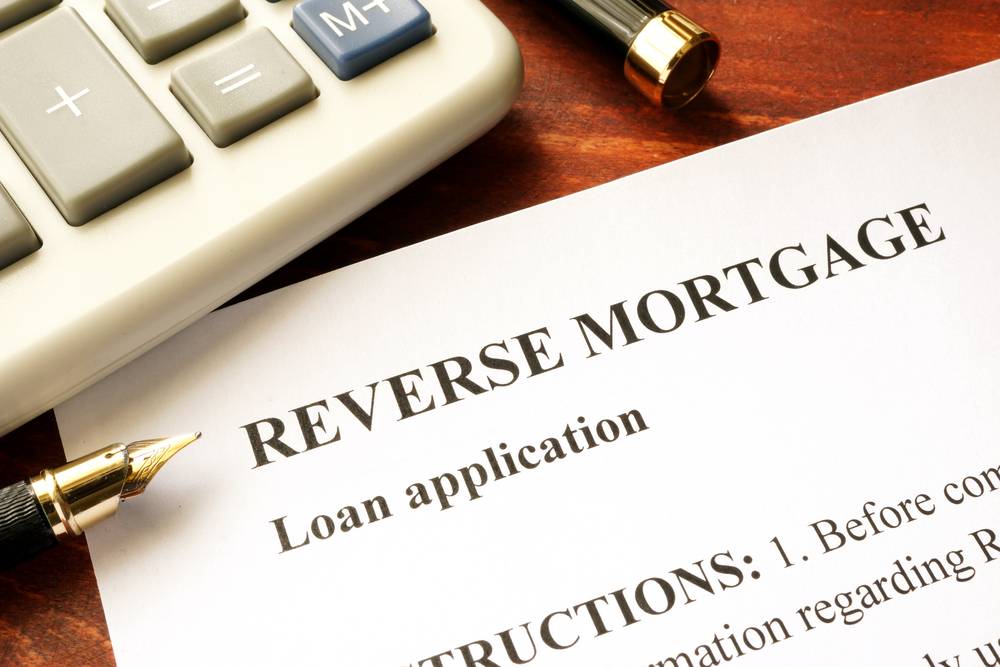 Last updated: June 8th, 2020 6:35 PM
Last updated: June 8th, 2020 6:35 PM
Reverse Mortgage Loan enabled Annuity (RMLeA)
National Housing Bank (NHB) in collaboration with Star Union Daichi Life Insurance Company Ltd., (SUD Life) and Central Bank of India (CBI) have introduced Reverse Mortgage Loan (RML) to ensure lifetime annuity payments to senior citizens. Senior Citizens can avail a reverse mortgage loan against their property from the lending institutions, scheduled banks and housing finance companies registered with NHB. The loan amount received under RMLeA can be used for various purposes like medical expenses, day-to-day needs, up-gradation and renovation of the property, and any other consumption need. In this article, we look at the Reverse Mortgage Loan enabled Annuity (RMLeA) in detail.Eligibility Criteria
The following are the eligibility criteria to apply for the reverse mortgage loan.- The applicant should be above 60 years of age.
- Married couples are also eligible as joint borrowers but the age criteria will be applicable for one among them, and the other should not be below 55 years of age.
- The applicant should be the owner of the self-occupied residential property located in India.
- The residual life of the property must be at least 20 years.
- The prospective borrowers should use that residential property as the permanent primary residence.
- The value of the property should not be below Rs.5 lakhs.
Loan Amount
The amount of loan will depend on the market value of the residential property as assessed by the Primary Lending Institutions (PLIs), age of borrowers, interest rate or any other factor as specified by the PLI. The maximum Loan to Value (LTV) Ratio computed against the current value of the property is given below:| Age of Borrower | Maximum Loan to Value Ratio |
| Between 60 and 70 | 60% |
| Between 70 and 80 | 70% |
| 80 and above | 75% |
Nature of loan
The borrower can opt for the loan amount either monthly, quarterly, half-yearly, annually or lump sum payments.Period of Loan
The maximum loan disbursement tenure will be until the demise of the borrower.Interest Rate
The PLI will fix the interest rate to be charged on the RMLeA based on the risk perception and loan pricing policy.Security
The mortgage of residential property from which the loan has to be sanctioned has to be produced as the collateral security.Processing Fee
The PLI will collect the loan processing charges from the borrower which includes an origination fee, appraisal fee, inspection fees, property verification fee, title examination fees, legal fees, survey and property valuation fees and additional service charges are also applicable.Taxation
All payments under reverse mortgage loan are exempt from income tax under Section 10(43) of the Income Tax Act, 1961. However, periodic annuity payments are taxable under Section 17, 56 and 80CCC of the Income Tax Act.Loan Settlement
The loan amount will become due only when the surviving borrower dies or would like to sell the property or permanently moves out of the home, in such cases documentary evidence as to be submitted to the PLI. At the sale of Residential Property the loan along with accumulated interest has to be settled by the borrower.Prepayment of Loan
The borrowers will have the option to prepay the loan at any time during the loan tenor. PLS will not impose any penalty or charges for such prepayments. In case of such advance of loan amount by the borrower to the PLI, the PLI should release the mortgage of the house property and return the related documents to the borrower.Foreclosure
The loan is eligible for foreclosure in the following conditions:- If the borrower has not present in the residential property for a continuous period of one year.
- If the borrower refuses to pay property taxes or maintain and repair the residential property.
- If the borrower declares himself as bankrupt.
- If the borrower performs any illegal activities.
Popular Post

In the digital age, the convenience of accessing important documents online has become a necessity...

The Atalji Janasnehi Kendra Project that has been launched by the Government of Karnataka...

The Indian Divorce Act governs divorce among the Christian couples in India. Divorce...

When an individual has more than a single PAN card, it may lead to that person being heavily penalised, or worse,...

Employees Provident Fund (PF) is social security and savings scheme for employee in India. Employers engaged...


